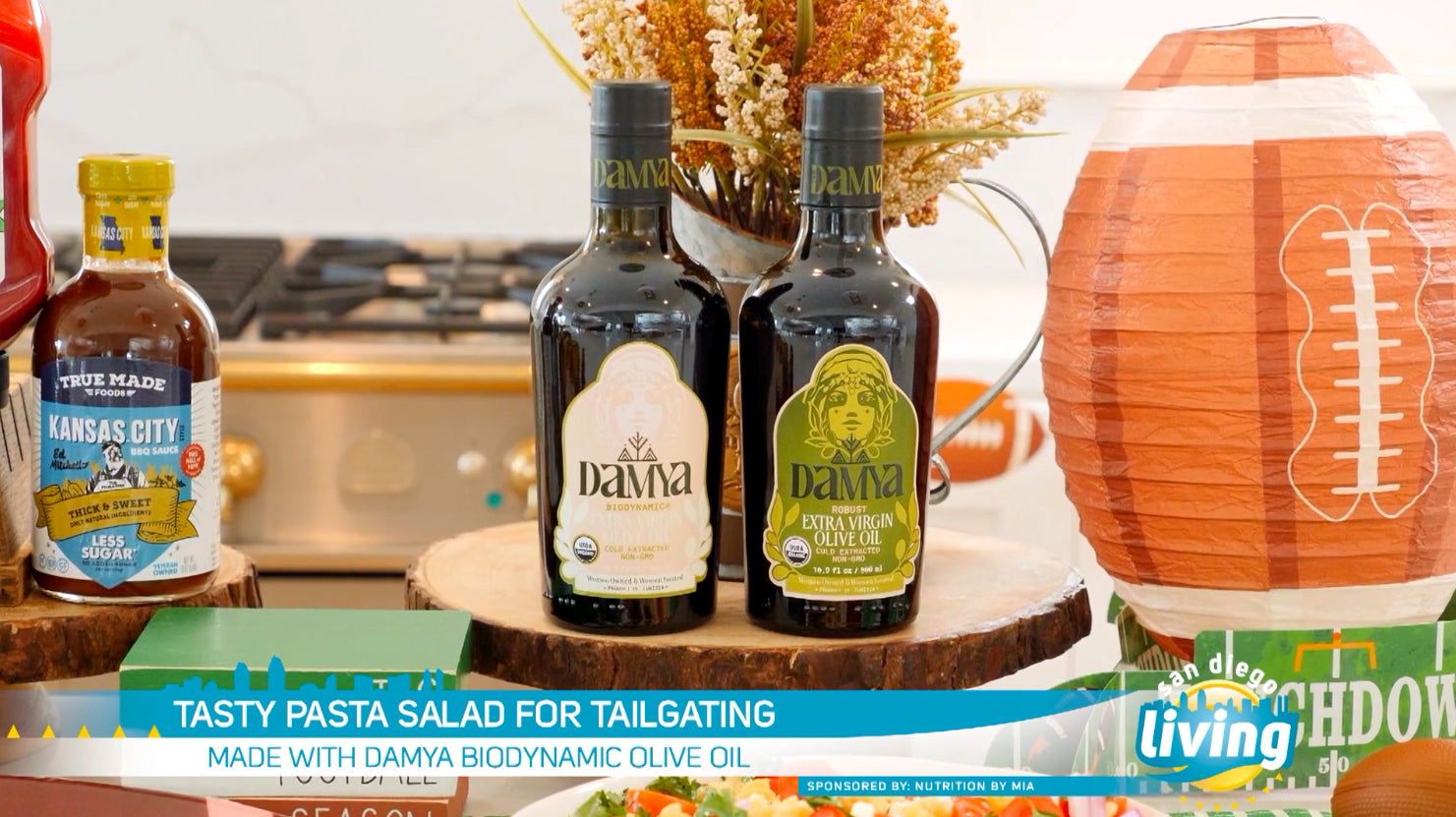
Our farming practices are a living link to the ancient heritage of this land. We have honored the wisdom of our Berber and Phoenician ancestors, who were among the earliest cultivators of olives in North Africa. Their deep understanding of this land and its potential has shaped our approach to farming. The Tunisian olives we exclusively grow are a testament to this enduring connection, a variety that has thrived in our soil for centuries, deeply rooted in our history. And even today, local Berber women, carrying the knowledge passed down through their own lineages, are essential partners in cultivating our land. It's a way of farming that respects both tradition and the unique character of our soil.

The inspiration for our logo lies in the ancient tattoos of our indigenous Berber ancestors. It depicts two triangles cradling an olive tree, a symbol rich with meaning for our people. The tree represents life itself, the strength to overcome challenges, the wisdom passed down, happiness, and the blessing of fertility.

Among Berber women, these tattoos were more than adornment; they were a deeply ingrained custom of beauty and self-expression. Furthermore, they acted as tribal identifiers, with each geometric symbol carrying its own specific meaning and believed to hold protective, even magical, qualities. These markings were a powerful shield against the evil eye, intended to draw in good luck and prosperity.

Among the Berber people, the legacy of strong women resonates through history, and one of the most powerful figures is Queen Kahina, sometimes referred to as Damya. In the 7th century, this formidable leader rallied the Berber tribes across North Africa to resist the Arab conquests. Her deep connection to the land and her fierce determination to protect her people and their way of life embody the same spirit of resilience and deep-rootedness that characterizes our relationship with our ancestral lands and the cultivation of our precious olive trees. Her story serves as a powerful reminder of the enduring strength and unwavering spirit of the indigenous people of this region.






